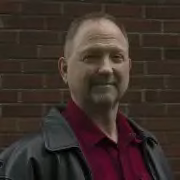Tad Stryker: An Interview With Grant Wistrom

This is the third in a series in conjunction with Thursday night's premiere of the Nebraska football documentary "Day by Day: The Rise" about the Huskers' dominant run in the 1990s.

Grant Wistrom was a two-time consensus All-American and two-time Big 12 Defensive Player of the Year at defensive end. He won the Lombardi Award and was selected Big 12 Male Athlete of the Year as a senior. After winning three national championships at Nebraska, Wistrom was drafted by the St. Louis Rams. He played for the Rams from 1998-2003, winning a Super Bowl ring along the way, before playing three more years for the Seattle Seahawks.
Q. Are you going to be in Lincoln for the film premiere?
Grant Wistrom: I wish I could, but I live in Springfield, Missouri, and getting up to Lincoln for me is a rarity. It’s a special event, but I just can’t make it this time.

Q. How close is Springfield to your hometown, Webb City?
GW: Webb City is about an hour southwest of Springfield.
Q. How much were you interviewed for the film? How did you find out about the documentary?
GW: Josh (Davis) reached out to me and asked if I would be interested in participating in a documentary they were putting together. Anytime I have an opportunity to talk about how great we used to be, I jump on it. I don’t get that many chances anymore, so when it’s there, I definitely make use of it.
Q. Where are you today and what are you involved with?
GW: My wife and I own a medical marijuana dispensary in Springfield and I’m a full time real estate agent as well.
Q. When you look back at your career, what’s the first thing that pops into your mind?
GW: 49-2. To play college football for four years and be part of a team that only lost two games and won 49, that won’t be repeated. We were as good as it got back then.
Q. What told you when you arrived at Nebraska that there’s a high bar for success here?
GW: The year before I got here, they played for the national championship. To step into a program where you have that opportunity, well there’s not a lot of programs in the country where you can do that. Nebraska, at that time, was that program.
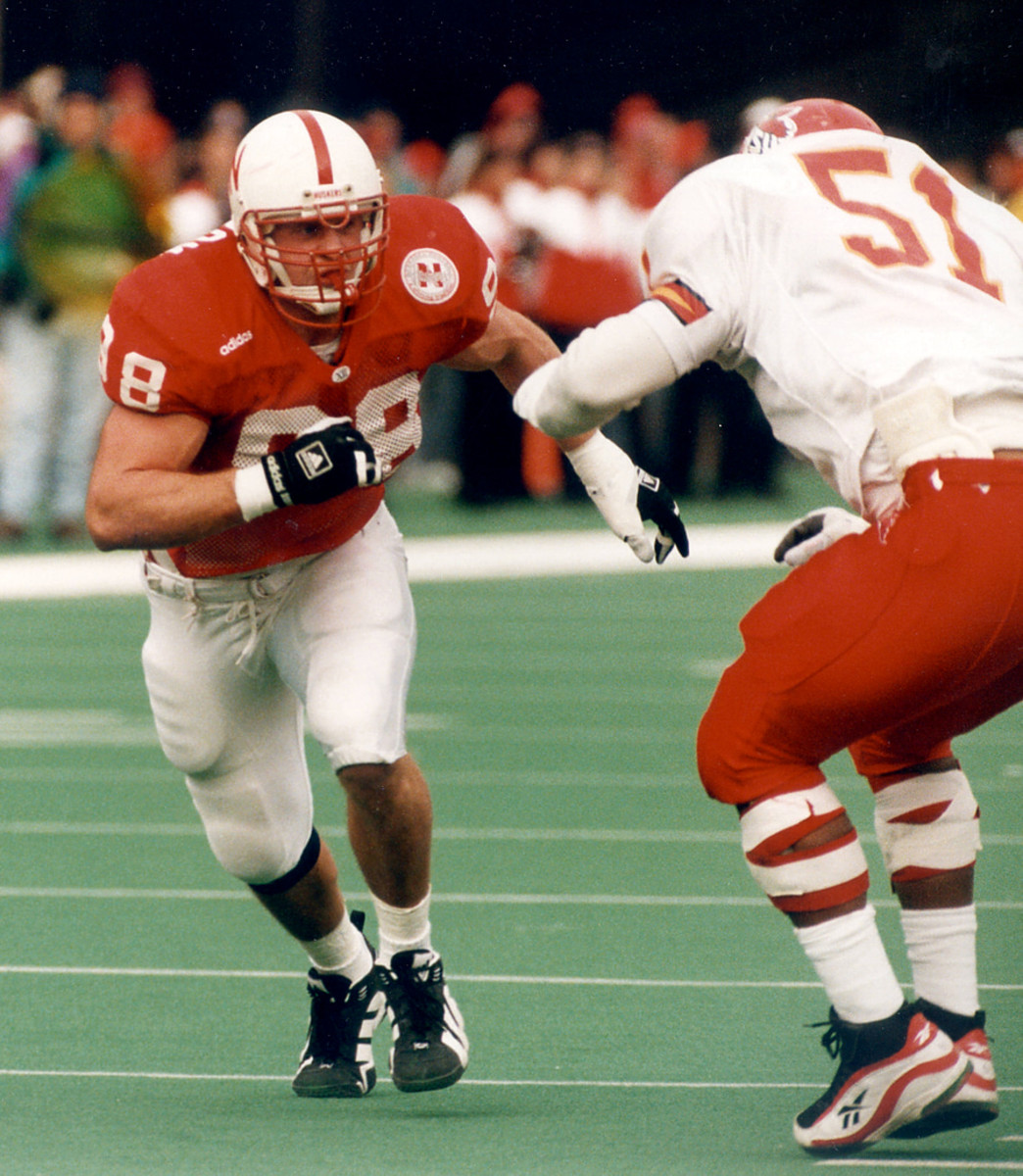
Q. What was a major turning point for you as a player, something that turned you personally toward success? How did the coaching staff play a role, and how did older players play a role?
GW: For me, the major turning point was in fall camp as a freshman, when I stepped into the huddle for the first time at practice and got to lock hands with the guys I saw play for the national championship the year before, and just knowing I belonged, was one of the coolest feelings in the entire world.
Q. Who did you learn from as a young player?
GW: You know, it wasn’t necessarily one. It was all the guys I learned from. Christian (Peter), Jason Pesterfield, Terry Connealy, it was all the guys on the d-line. You practiced hard every day and did what it took to go out and win.
Q. Which defensive coaches had the biggest influence on you?
GW: Charlie McBride and Tony Samuel. Charlie taught us how to play defense with intensity, playing for each other and with pride. Tony taught me how to play the defensive end position.
Q. Was there talk about calling the defensive end a “premium position,” as we hear about today?
GW: Yes, that was definitely a coveted spot in that defense. You had guys like Trev Alberts and Travis Hill, who had played there before. Nebraska was a place where great defensive ends played. To be able to step in and fill their shoes on that team was pretty awesome.
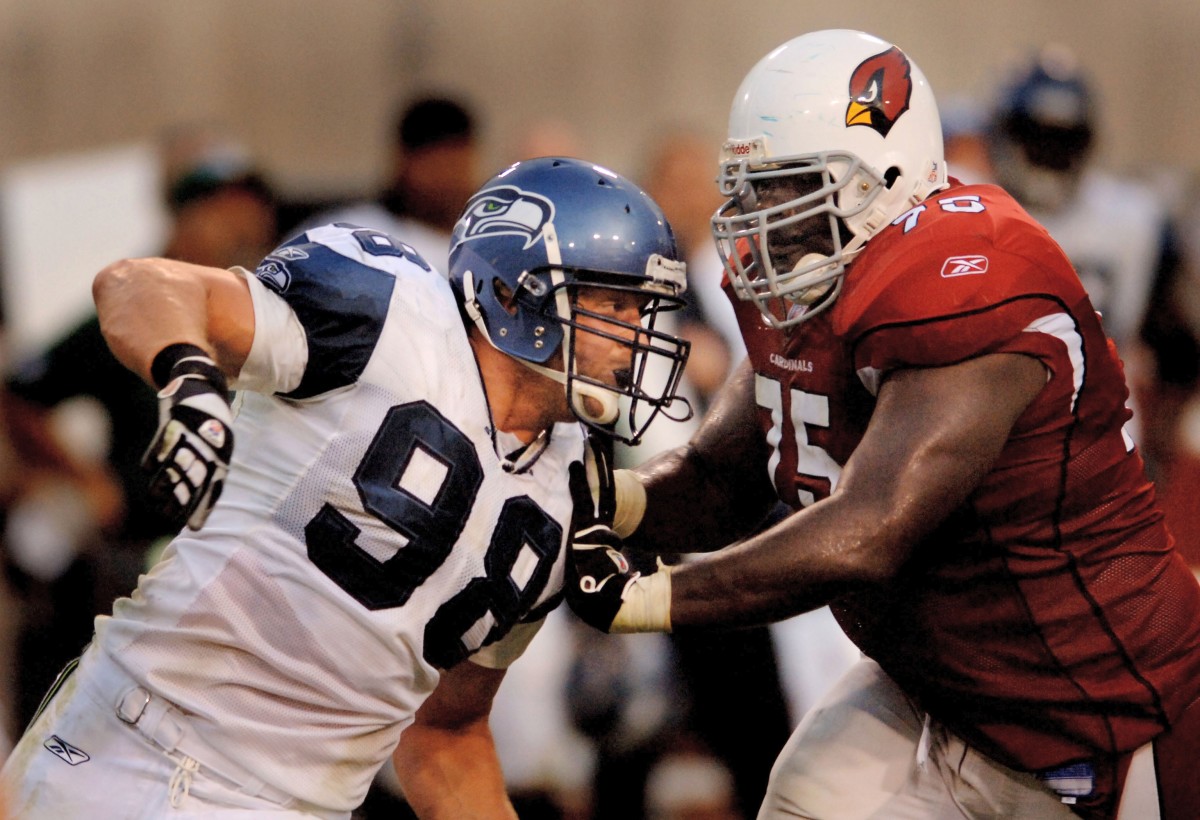
Q. Why were you able to play so much as a freshman without a redshirt year?
GW: I just kind of stepped into it with the mindset that I was going to make them have to redshirt me. I was going to force their hand, make them make the decision. I didn’t want to redshirt. I wanted to play, just like any kid does. But saying it and doing it are two different things. When I came in, I wasn’t going to let anything deny me from what I wanted. I probably just didn’t know any better, quite honestly.
Q. Tell me about the last play of the Missouri game your senior year, when you and Mike Rucker met at Corby Jones to end the game in overtime.
GW: You know, to even be in a position to win that football game was pretty dang amazing. When you're down that big at Nebraska in the fourth quarter, I didn’t expect to win. Then when the offense went down and got that touchdown, we knew it was on us as a defense to win the game. For Mike and I be able to sack Corby on the last play, as Missouri natives, was pretty dang phenomenal.
Q. How did both you and Rucker being from Missouri enter into that equation? That made it sweeter?
GW: Absolutely. I think it would have been a rough couple of years for both of us if we’d have lost to Missouri. We’d have gotten a lot of grief from some people. But there was no reason for us to go to Missouri.
Q. What was your favorite on-field moment as a Husker?
GW: I really think there were two of them, and both came against Colorado. One was my sophomore year (1995) when we played out there, and if you’ve ever been to Folsom Field, you know how close the fans are to the players. There was a fan who was getting a little bit mouthy, and he mouthed off at Jason (Peter), and Jason fired something verbally back at him. He was trying to come on the field to go after us, and we were ready for him, but some people held him back. The other thing was in 1996, and I was ready to soak up everything about that game, because I didn’t know whether or not that was the last time I’d be going on the field at Memorial Stadium. For me, it wasn’t even a moment in the game; it was the whole game. It was really the first time that I was present and aware to notice things about the game, things going on around you. Maybe it was the only time, because you’re so focused that you don’t have bandwidth to take it all in. But I made it a point in that game to be present in that manner.
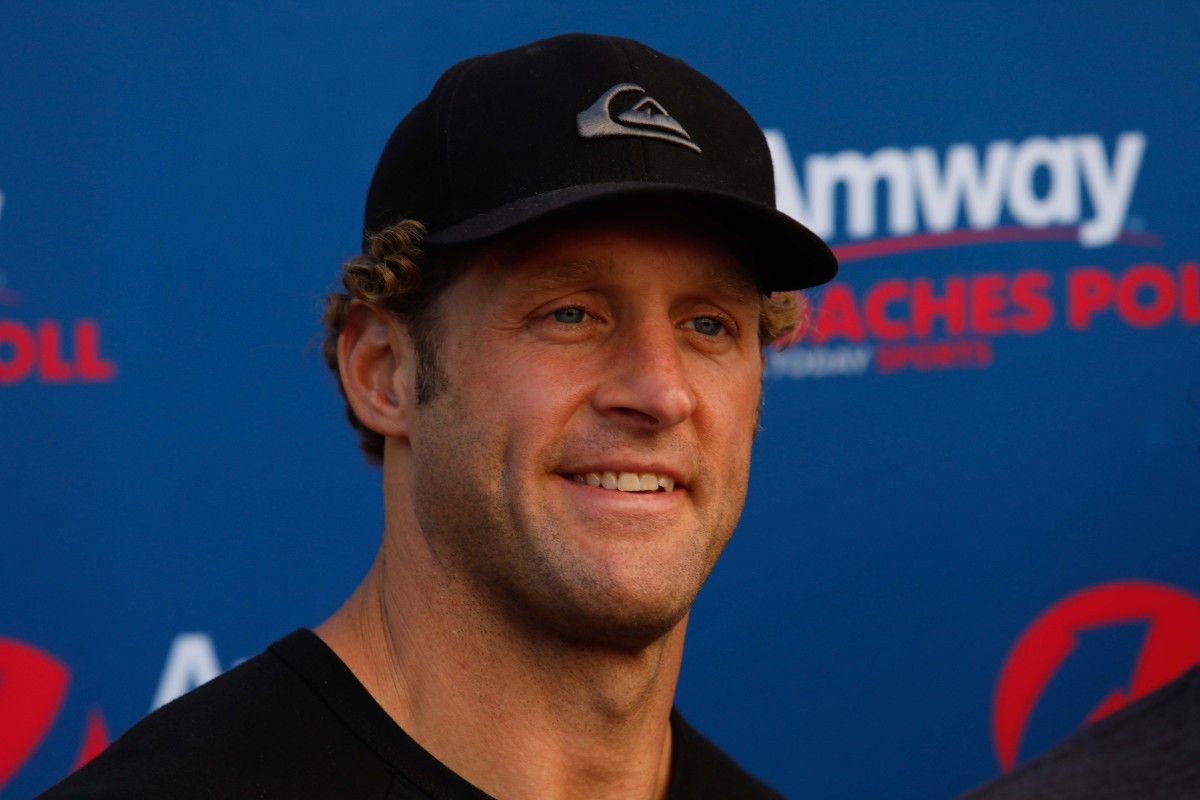
Q. What was your favorite off-field moment as a Husker?
GW: Just being … there’s not one specific moment I can think of, but just being a 17-, 18-, 20-year old kid, with other like-minded men, who have the same goal in mind, and just busting your butt for that goal. Being off on your own for the first time, having a taste of independence, and going after that goal was amazing.
Q. You considered going pro after your junior season. When you decided to play your senior year, did that seem like a bonus?
GW: No, we were on a mission. The only reason I came back was to win a national championship. It was not acceptable to finish our junior year the way we did. It wasn’t coming back to have fun; it was coming back to finish the job.
Q. What was the thing Tom Osborne did best as a head coach?
GW: Bottom line, you felt cared for and loved more as a human being, not just as a football player. In my case, next to my father, he’s the man I respect more than anyone in this world. For me, when my kids go to school, I hope they have someone like that to care for them, to help them make the right decisions.
Q. Anything else you want to mention to Husker fans who read this?
GW: Thank you for being the greatest fans in the land. Even to this day, through the ups and downs, you’re still passionate and still care and when the Huskers come back, it’s going to be awesome again.
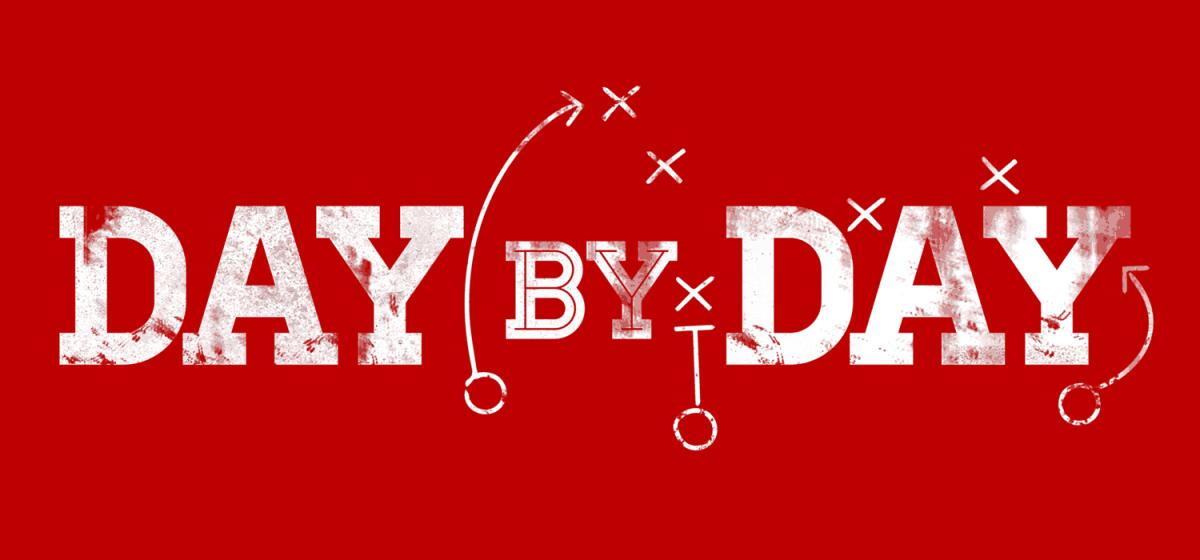
- Wednesday: Tom Osborne interview
- Thursday: Jared Tomich interview
- Over the weekend: Video & interviews from premiere night
- More about the series
